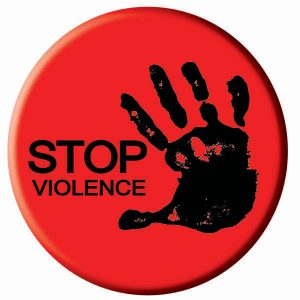Biggest Domestic Violence Stories of the 2020s (So Far)
 Despite increased legal penalties, more social programs, more advocacy outlets, and efforts to increase awareness, domestic violence continues to be a significant issue in our world. In fact, one in three women across the globe (and about 1 in 10 men) suffer domestic abuse at some point in their lives—leading to fragmented families, traumatized loved ones, and lasting psychological and physical damage.
Despite increased legal penalties, more social programs, more advocacy outlets, and efforts to increase awareness, domestic violence continues to be a significant issue in our world. In fact, one in three women across the globe (and about 1 in 10 men) suffer domestic abuse at some point in their lives—leading to fragmented families, traumatized loved ones, and lasting psychological and physical damage.
That being said, knowledge is power. By studying both the standpoint of current trends and individual occurrences, we gain more knowledge that may one day help us curb this destructive force in people’s lives and families. With that in mind, let’s take a look at some of the more significant news stories about domestic violence so far this decade to see what we can learn from them.
Pandemic Causes Worldwide Surge in Domestic Violence
 Los Angeles Criminal Defense Attorney Blog
Los Angeles Criminal Defense Attorney Blog








